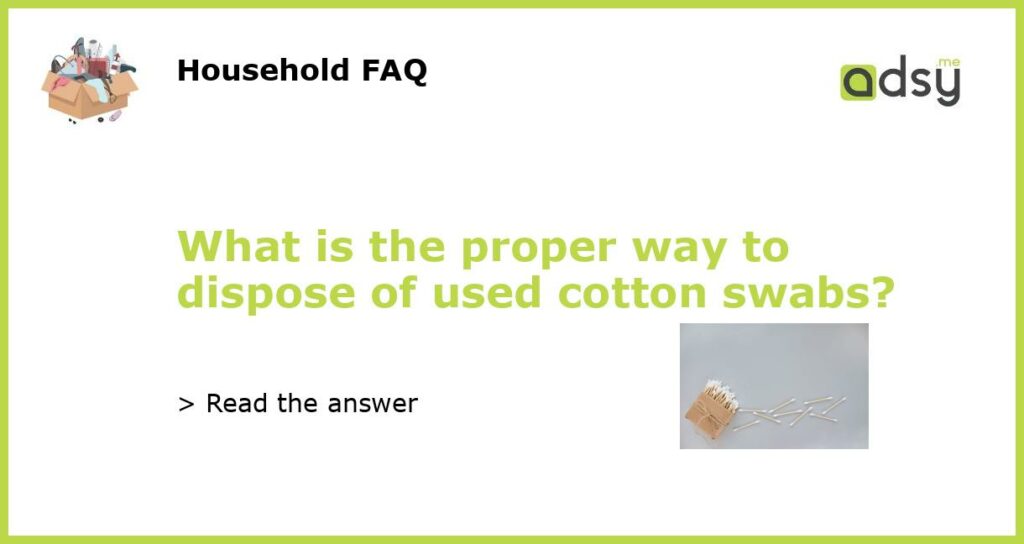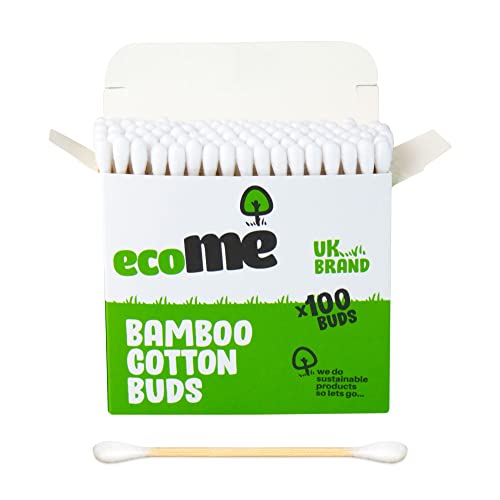Why is disposing of cotton swabs properly important?
Most cotton swabs have a plastic stick that can take hundreds of years to degrade. If not disposed of properly, these sticks can end up in our oceans, harming marine life and polluting the environment. Additionally, improperly disposed of cotton swabs can clog up sewage systems and cause blockages.
Can cotton swabs be flushed down the toilet?
No, cotton swabs should not be flushed down the toilet. Because of their small size, they can easily pass through pipes and end up in our waterways. Instead, used cotton swabs should be thrown away in the trash or properly disposed of in a collection bin specifically designed for waste like this.
How should cotton swabs be disposed of?
One option for disposing of used cotton swabs is to place them in a bag or container, and then put that bag or container into the trash. Alternatively, there are companies that make special collection bins for items like cotton swabs, dental floss, and other bathroom waste. These items can be safely collected and then processed to ensure they are disposed of in an environmentally friendly way.
What are some environmentally friendly alternatives to cotton swabs?
If you’re looking for an alternative to cotton swabs, there are several options available. One is to use reusable swabs made from silicone, rubber, or bamboo. Another option is to use a washcloth or towel to clean your ears instead. Additionally, there are companies that make ear cleaners that are specifically designed to be reusable and eco-friendly.
What can we do to reduce the amount of waste produced by cotton swabs?
To reduce the amount of waste produced by cotton swabs, consider using reusable swabs or other alternatives. Additionally, you can purchase cotton swabs that are made from more sustainable materials, such as paper or bamboo. It’s also important to properly dispose of any used cotton swabs, either by placing them in the trash or by using a special collection bin.






